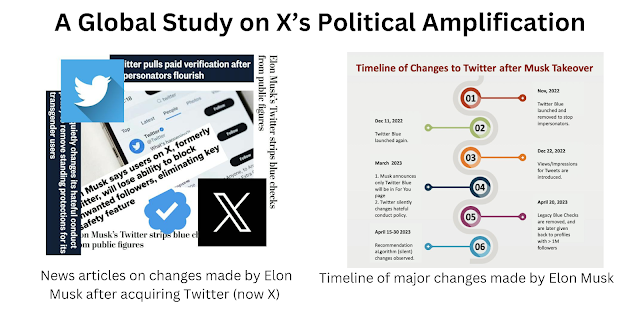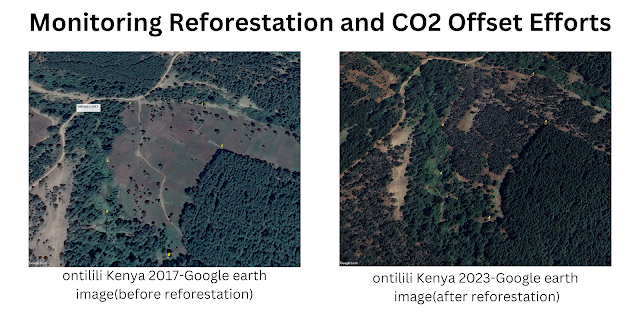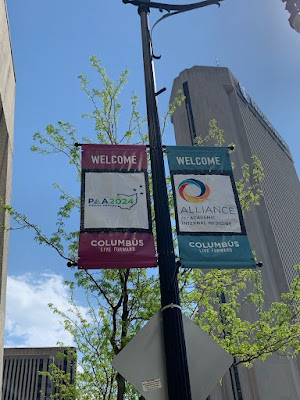A Global Study on X's Political Amplification

Social Media has become an integral part of our lives, playing a major role in our day-to-day activities and enabling discussions with people, beyond one's immediate social network. A growing body of research points to the challenges social media presents, as it can be used as a tool to spread radical messages and misinformation. Twitter (now X) is one of the most widely used social media platforms with over 410 million monthly active users and over 370 million advertiser-reachable users in 2023. Over time, it has emerged as a hotspot for political discussions. However, prior research indicates that Twitter might be biased towards right-wing content. Given the recent changes to Twitter's algorithms and policies, particularly in content flagging and Twitter Blue Verification, it is crucial to conduct an audit to understand the potential biases towards specific content or political ideologies. To investigate this issue, we use the newly released `view counts' feature to loo



